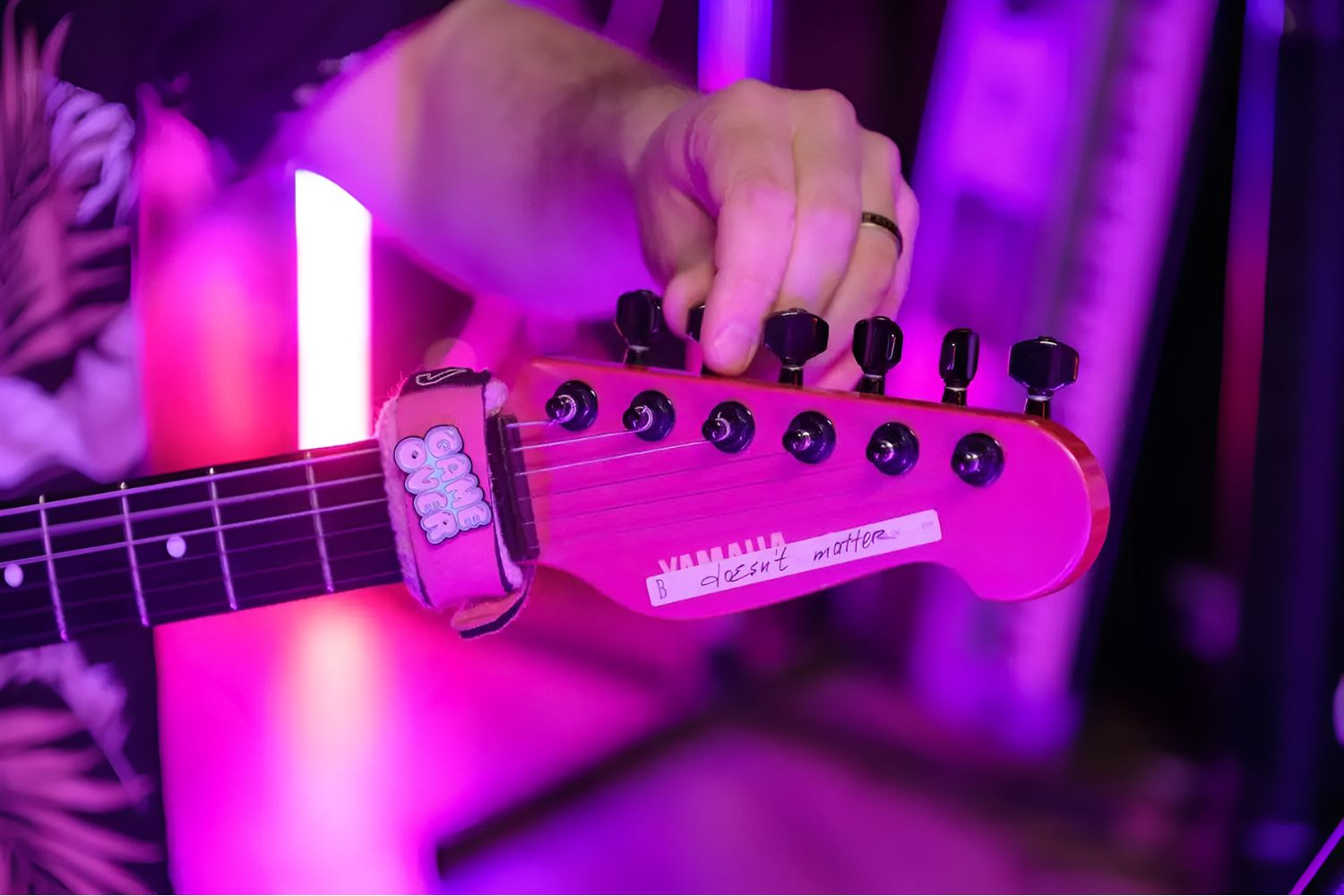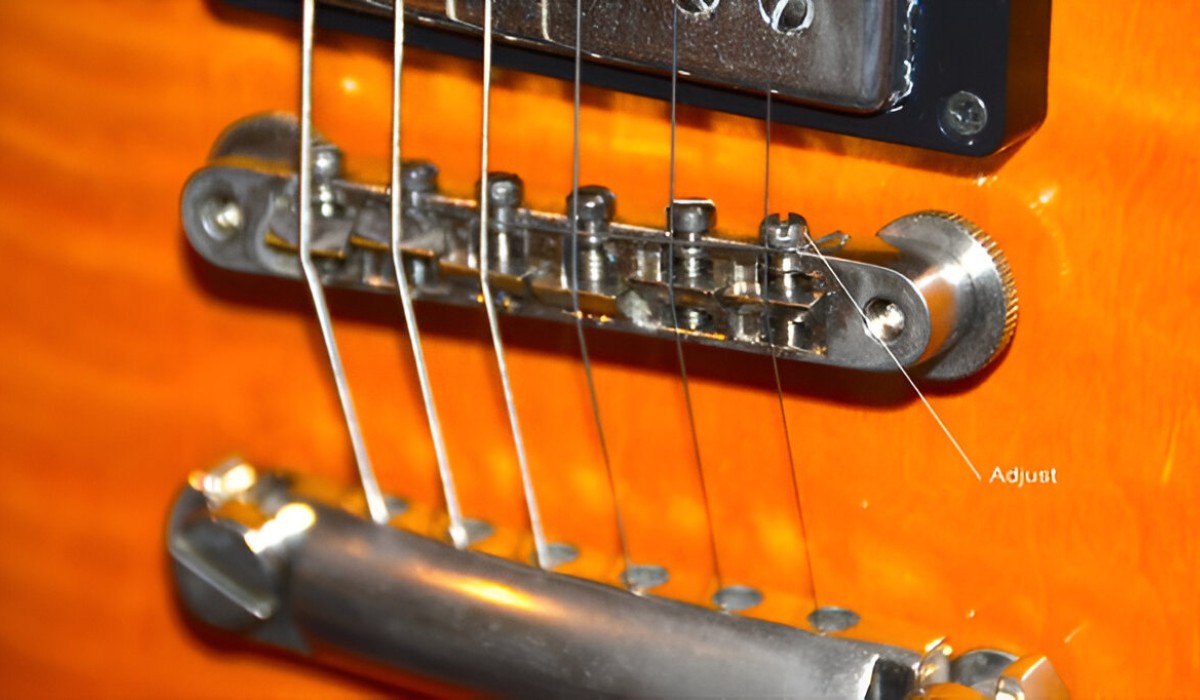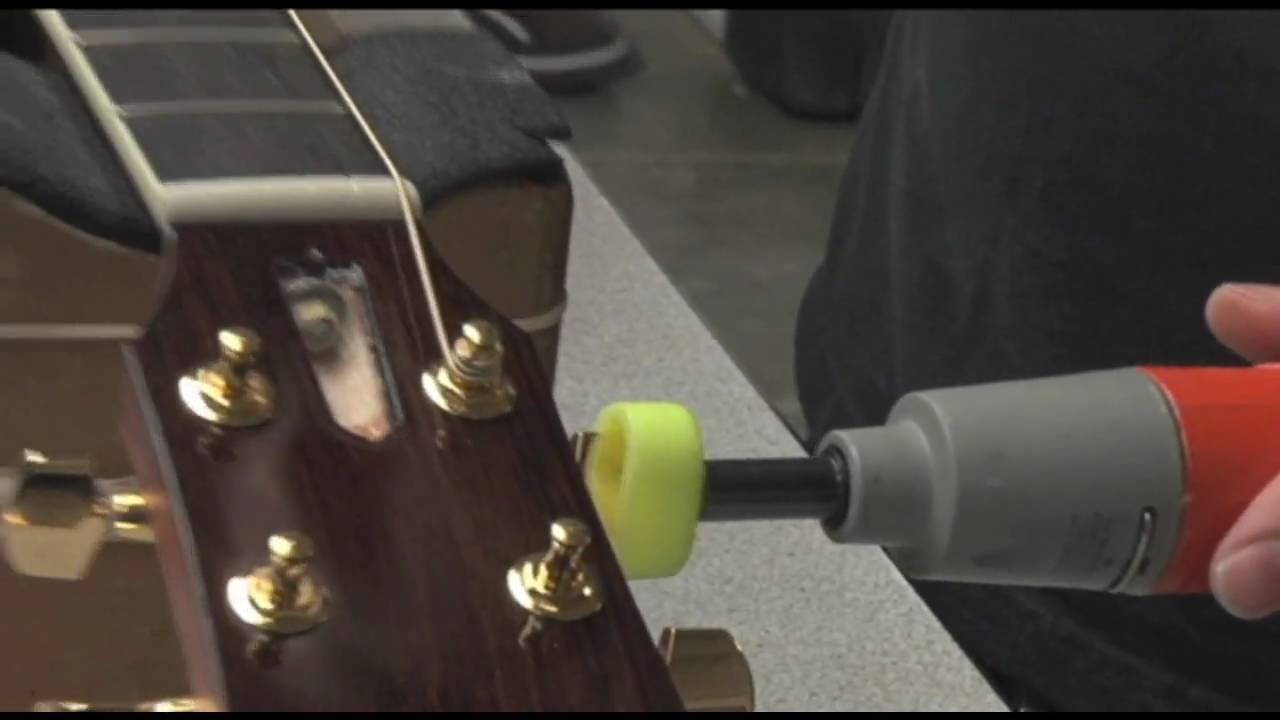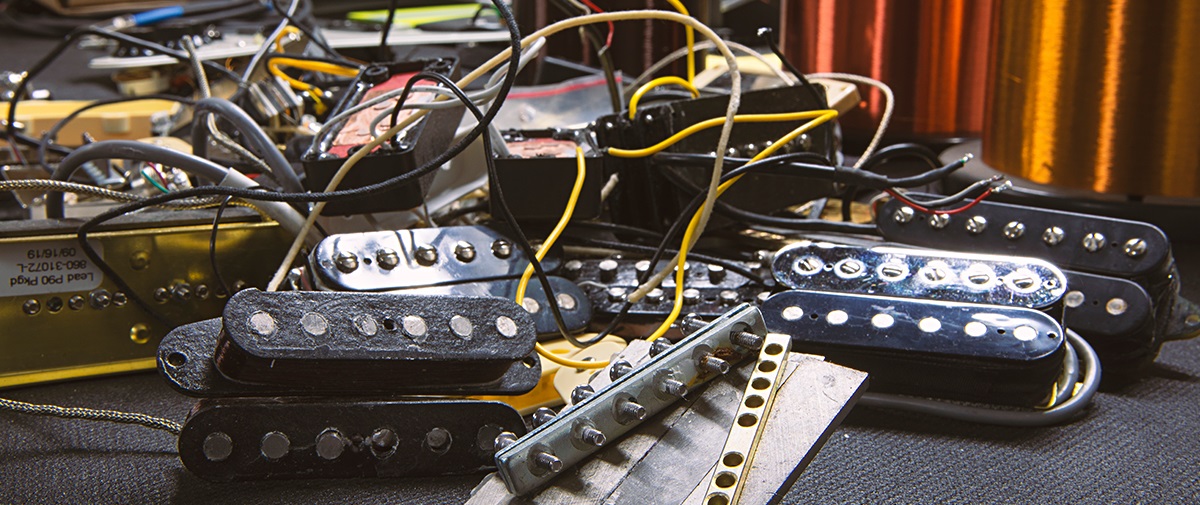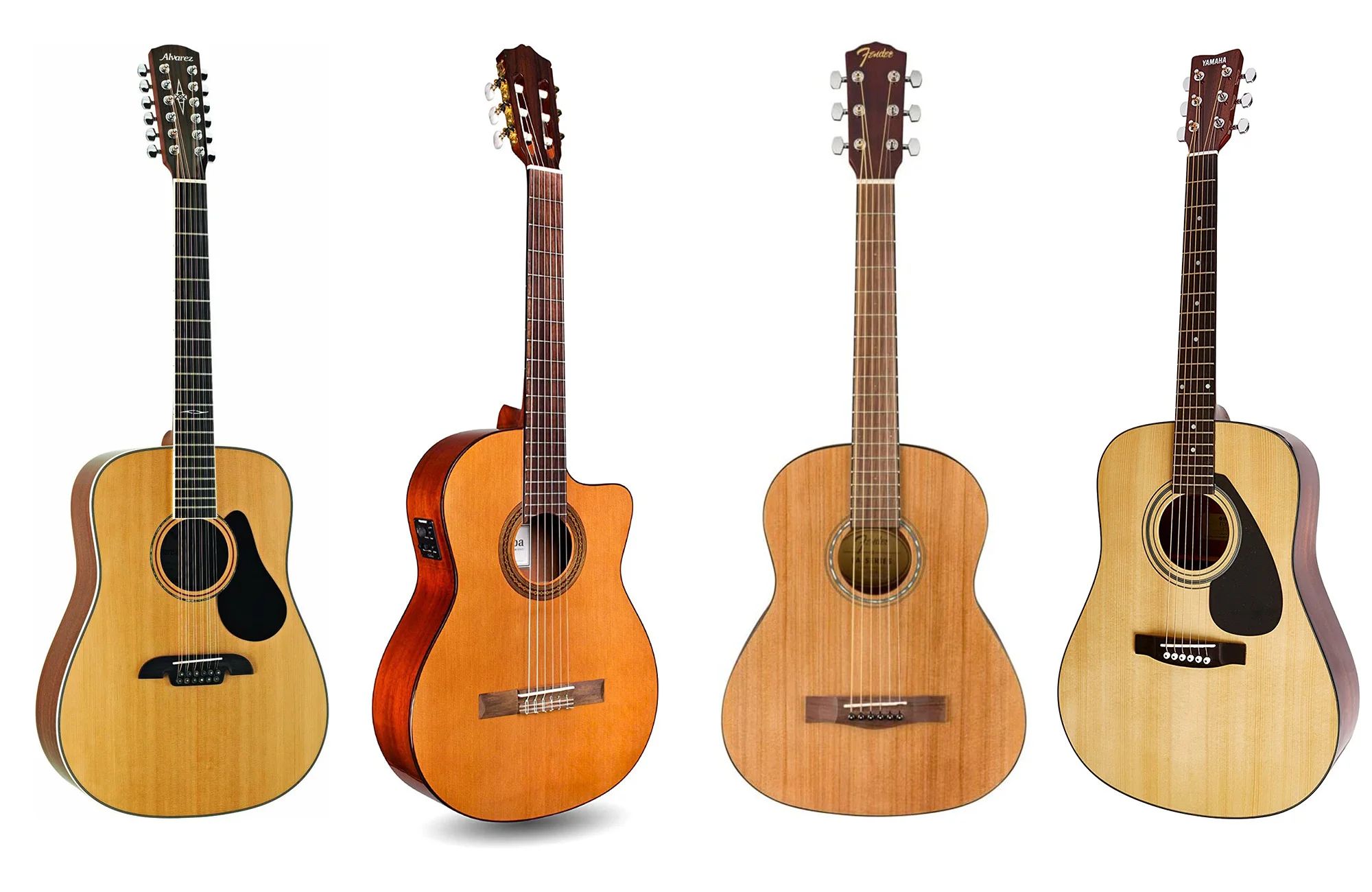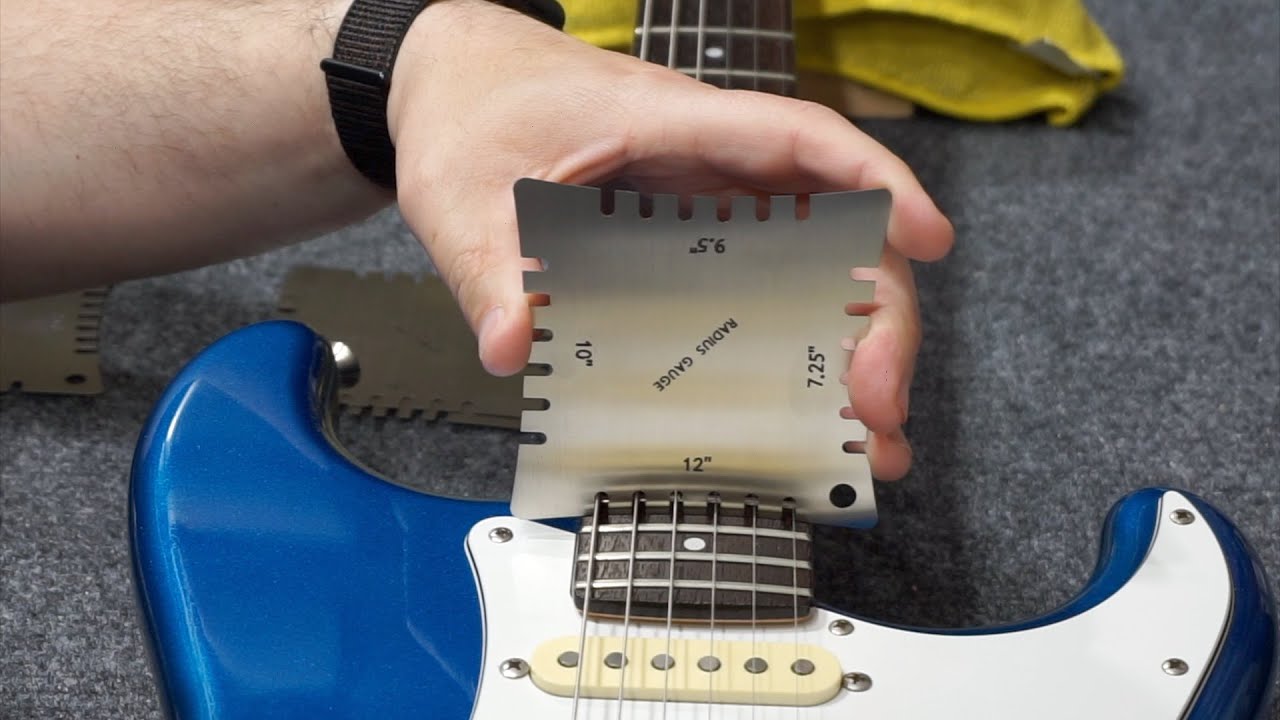Introduction
Introduction
Electric guitars are iconic instruments that have played a pivotal role in shaping the landscape of modern music. With their distinctive sound and versatile capabilities, electric guitars have become a staple in various genres, from rock and blues to pop and jazz. One of the key components of an electric guitar is its strings, which directly contribute to the instrument's tone, playability, and overall performance. Understanding the number of strings on an electric guitar is fundamental for both aspiring musicians and seasoned players alike.
The number of strings on an electric guitar can vary, with the standard configuration consisting of six strings. However, there are also extended range electric guitars that feature seven, eight, or even more strings, catering to musicians seeking a broader sonic range and enhanced creative possibilities. Additionally, custom electric guitars offer a customizable approach, allowing players to tailor the number of strings to suit their specific musical preferences and playing style.
In this article, we will delve into the diverse world of electric guitars, exploring the standard six-string configuration, the extended range options, and the realm of custom electric guitars. By shedding light on the unique characteristics and applications of each type, we aim to provide a comprehensive understanding of the different string configurations available to guitarists. Whether you're a novice enthusiast or a seasoned pro, this exploration will offer valuable insights into the fascinating realm of electric guitar strings.
Standard Electric Guitars
Standard Electric Guitars
Standard electric guitars typically feature six strings, tuned to E-A-D-G-B-E from the lowest-pitched string to the highest. This traditional configuration has been the cornerstone of countless iconic riffs, solos, and melodies across various musical genres. The six-string setup provides a balanced and familiar platform for guitarists, offering a wide range of tonal possibilities and chord voicings.
One of the defining characteristics of standard electric guitars is their versatility. Whether it’s the bluesy bends of a vintage Fender Stratocaster, the aggressive power chords of a Gibson Les Paul, or the intricate fingerstyle patterns of a PRS Custom 24, the six-string layout accommodates a diverse array of playing styles and musical expressions. From the shimmering cleans to the searing distortion, standard electric guitars have been instrumental in shaping the sonic landscape of popular music.
For beginners, learning to play the guitar often starts with a standard six-string instrument. The accessibility and abundance of learning resources tailored to this configuration make it an ideal choice for those embarking on their musical journey. Aspiring guitarists can readily find instructional materials, chord charts, and tablature designed specifically for standard tuning, facilitating a smooth and enjoyable learning experience.
Furthermore, the widespread availability of accessories and replacement parts for six-string electric guitars contributes to their enduring appeal. From a vast selection of strings and pickups to customization options such as pickguards and tremolo systems, musicians have ample opportunities to personalize their instruments and fine-tune their sonic signature.
Standard electric guitars continue to serve as the foundation of countless musical compositions, performances, and recordings. Their timeless design and adaptability have solidified their status as indispensable tools for musicians seeking to channel their creativity and express their musical vision.
Extended Range Electric Guitars
Extended Range Electric Guitars
Extended range electric guitars, often referred to as ERGs, expand upon the traditional six-string configuration by incorporating additional strings, typically seven or eight. These instruments are designed to provide guitarists with an extended sonic range, allowing for lower notes and expanded chord voicings. The most common tuning for a seven-string guitar includes an additional low B string, while an eight-string guitar often features an additional low F# or low E string.
The extended range offered by these guitars opens up new creative possibilities, particularly in genres such as metal, progressive rock, and jazz fusion. The lower register of the instrument enables players to explore deeper, more resonant tones, adding a rich and dynamic dimension to their musical compositions. Furthermore, the expanded range facilitates the execution of complex chord voicings and arpeggios, enhancing the harmonic depth and complexity of the music.
In addition to their tonal versatility, extended range electric guitars cater to guitarists seeking to push the boundaries of technical proficiency and musical expression. The increased number of strings challenges players to adapt their playing techniques and explore innovative approaches to composition and improvisation. This expanded sonic palette empowers musicians to craft intricate and immersive soundscapes, pushing the envelope of what is achievable with a traditional six-string instrument.
Furthermore, extended range electric guitars have found favor among modern metal and djent musicians, where the extended low range and tight, articulate sound are highly sought after. The distinctive tonal characteristics of these instruments have contributed to their widespread adoption in progressive and experimental music, where musicians are constantly seeking new ways to push the sonic envelope.
While extended range electric guitars may present a learning curve for those accustomed to standard six-string instruments, the rewards of mastering these instruments are substantial. The expanded sonic capabilities and creative opportunities afforded by extended range electric guitars make them valuable tools for musicians looking to explore new musical frontiers and expand their artistic horizons.
Custom Electric Guitars
Custom electric guitars offer a personalized approach to instrument design, allowing musicians to tailor various aspects of the guitar to their specific preferences and playing style. One of the key customizable elements of a custom electric guitar is the number of strings, providing players with the flexibility to deviate from the standard six-string configuration and explore alternative setups.
For musicians seeking a unique sonic identity, custom electric guitars present an opportunity to experiment with non-traditional string configurations, such as extended range setups or unconventional tunings. Whether it’s a seven-string guitar for added depth and versatility or a multi-scale instrument for enhanced playability and tonal balance, the customization options are virtually limitless, catering to the diverse needs and creative visions of individual players.
Beyond the number of strings, custom electric guitars offer a myriad of customization choices, including the selection of tonewoods, hardware, pickups, and electronics. This level of personalization allows musicians to fine-tune every aspect of their instrument, shaping its tonal characteristics, playability, and aesthetic appeal to align with their artistic vision.
Furthermore, custom electric guitars serve as a platform for innovation and artistic expression, fostering collaborations between musicians and luthiers to bring unique instrument designs to life. The process of creating a custom electric guitar involves close communication between the player and the builder, ensuring that the final instrument reflects the player’s musical identity and fulfills their sonic aspirations.
From boutique luthiers to renowned custom guitar workshops, the world of custom electric guitars is rich with craftsmanship and creativity. Players who seek instruments that transcend the boundaries of off-the-shelf models can embark on a journey of co-creation, working hand-in-hand with skilled artisans to materialize their dream guitars.
Ultimately, custom electric guitars embody the spirit of individuality and artistic exploration, offering musicians a canvas on which to realize their sonic ambitions. Whether it’s the pursuit of tonal perfection, ergonomic innovation, or visual distinctiveness, custom electric guitars empower players to embark on a deeply personal and rewarding musical journey.
Conclusion
Electric guitars, with their diverse string configurations, exemplify the boundless creativity and innovation within the realm of musical instruments. From the standard six-string guitars that have been the cornerstone of popular music for decades to the extended range and custom instruments that push the boundaries of sonic exploration, the world of electric guitars offers a rich tapestry of options for musicians to express themselves.
Standard electric guitars, with their time-honored six-string configuration, continue to serve as versatile and accessible tools for musicians of all levels. The familiarity and widespread availability of resources tailored to standard tuning make these instruments an ideal starting point for aspiring guitarists, while their adaptability across various genres ensures their enduring relevance in the music industry.
Extended range electric guitars, featuring seven or eight strings, represent a paradigm shift in the sonic capabilities of the instrument. These instruments cater to musicians seeking expanded tonal palettes, technical challenges, and innovative approaches to composition. Their resonance in genres such as metal, progressive rock, and jazz fusion underscores their impact on contemporary music and the evolving demands of musicians.
Custom electric guitars offer a bespoke avenue for players to craft instruments that embody their unique artistic vision. Whether it’s experimenting with non-traditional string configurations, selecting specific tonewoods, or collaborating with skilled luthiers to bring custom designs to life, these instruments epitomize the spirit of individuality and creative expression in the world of guitar playing.
As the landscape of music continues to evolve, the role of electric guitars and their string configurations remains pivotal in shaping the sonic tapestry of the future. Whether in the hands of seasoned professionals, aspiring musicians, or visionary innovators, electric guitars stand as timeless conduits for artistic expression and musical exploration.









